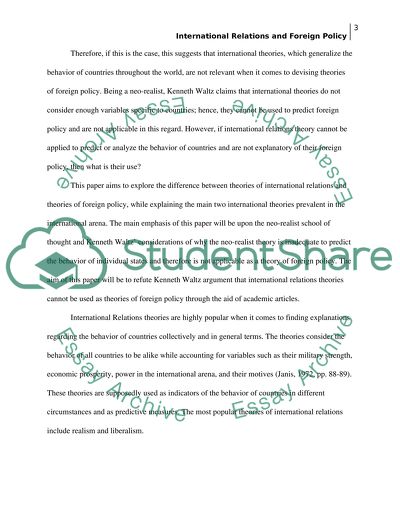Cite this document
(“International Relations and Foreign Policy Essay”, n.d.)
International Relations and Foreign Policy Essay. Retrieved from https://studentshare.org/history/1443547-love-is-kenneth-waltz-correct-to-argue-that
International Relations and Foreign Policy Essay. Retrieved from https://studentshare.org/history/1443547-love-is-kenneth-waltz-correct-to-argue-that
(International Relations and Foreign Policy Essay)
International Relations and Foreign Policy Essay. https://studentshare.org/history/1443547-love-is-kenneth-waltz-correct-to-argue-that.
International Relations and Foreign Policy Essay. https://studentshare.org/history/1443547-love-is-kenneth-waltz-correct-to-argue-that.
“International Relations and Foreign Policy Essay”, n.d. https://studentshare.org/history/1443547-love-is-kenneth-waltz-correct-to-argue-that.


